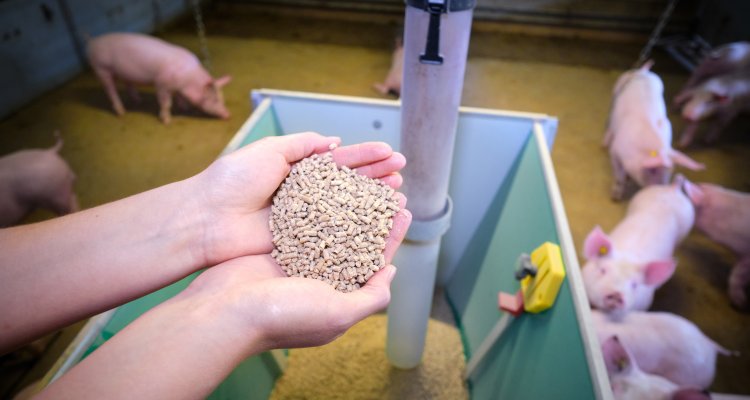
Project
The use of non-invasive sensor technologies to assess welfare of pigs, applied in circular feed case studies
By Fleur Veldkamp
During the last decades, the demand of animal-based food products has increased (FAO, 2021; FAOSTAT, 2021) but there are rising concerns about the health and welfare of livestock (Allievi et al., 2015; Alonso et al., 2020; Blokhuis et al., 2003; Boissy et al., 2007b) and about the environmental sustainability of the food system (Allievi et al., 2015). Circular feed concepts for the livestock sector may contribute to a more sustainable food system (de Boer and van Ittersum, 2018). However, it is important that health and welfare are not compromised when these circular feed concepts are applied. To monitor this, novel non-invasive sensor technologies can be used to continuously monitor animal welfare indicators, such as behaviour. These sensor technologies are more reliable than human observations, require less labour, and thus, can be applied at a larger scale.
The aim of this project is to use novel non-invasive sensor technologies to assess the level of welfare of pigs in circular feed case studies. Sensors to measure enrichment use, general activity and behaviour will be applied. Next to this, physiological parameters and additional health and welfare parameters will be measured. Circular feed concepts will be used as case studies to illustrate the application of the novel sensor technologies for assessing welfare. When taking both scientific and social relevance into account, this project will contribute, in a novel non-invasive way, to a more sustainable livestock sector by the introduction of circular feed concepts, without negative consequences on welfare.
